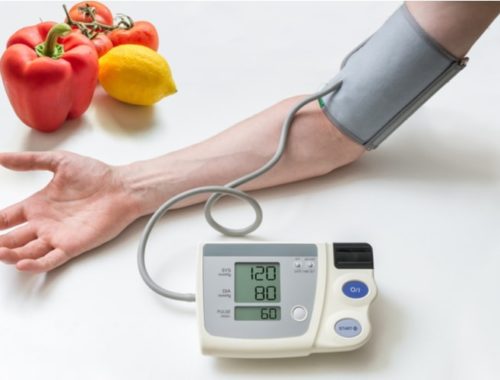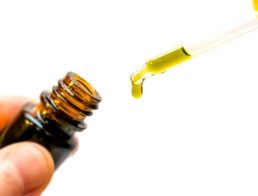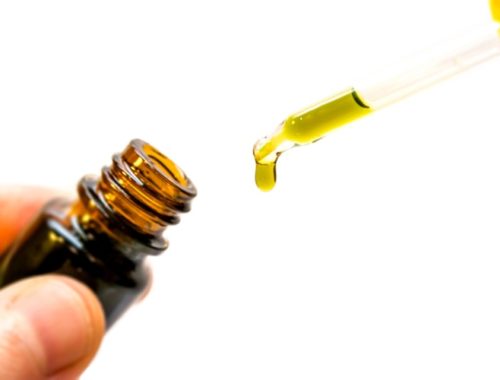According to the American Diabetes Association, slightly over 10 percent of Americans, or 34.2 million, have diabetes. Of those, the vast majority have type 2 diabetes; the remaining 1.6 million have type 1 diabetes, which used to be called “juvenile diabetes.” While these are two different illnesses with different causes, both types of diabetes affect the way the body uses glucose (blood sugar). In addition to these two types of diabetes, there is also a type that affects only pregnant women. This is called gestational diabetes.
There are various treatments for diabetes, including lifestyle changes and medications. There is some indication that CBD might be able to help keep diabetes under control. Because this is a serious disease that can lead to death, it is important that you follow your doctor’s directions carefully and that you do not change your regimen without discussing it with your healthcare professional.
How CBD Can Help With Diabetes
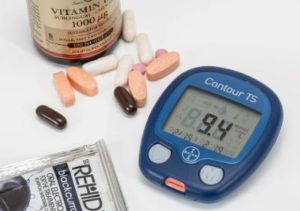
There are not a lot of studies on CBD and diabetes, but there are some. One 2016 study shows that CBD with THCV (a compound similar to THC) might help with glycemic control in people who have type 2 diabetes and who do not take insulin. When people took it in the study, the CBD and/or the THCV decreased glucose levels, lowered insulin resistance, and improved pancreatic function, all of which are vital to keeping diabetes under control.
There is also some evidence that the endocannabinoid system helps to regulate how the body reacts to insulin, and CBD stimulates this system by acting on certain receptors in the body. Once more studies are done, doctors may know more about whether CBD is good for those with diabetes and whether it can become part of the treatment plan.
How to Take CBD for Diabetes
Contains full-spectrum hemp extract and available in several flavors
First and foremost, always go by what your doctor says when it comes to treating your diabetes. Do not start CBD or stop taking other medications you might be taking without your doctor’s advice. If your doctor has said that CBD is appropriate for you, there are several ways you might take it.
CBD oils and tinctures can be added to liquids or taken sublingually (under the tongue). Edibles are another option, but you might need to see how much sugar is in products like gummies or honey sticks. You might choose capsules, which are taken orally. Finally, CBD topicals like creams can relieve muscle and joint soreness while allowing minimal CBD into your bloodstream.
You should start with a small dose and then gradually increase it if you need to. Again, ask your doctor for advice.
Other Treatments for Diabetes
There are several treatments for diabetes. The specific treatment you take will depend on what type of diabetes you have, how you have tolerated treatments you’ve tried, and what your doctor feels is right for you. Here are a few ways your diabetes might be treated:
- Lifestyle changes. Particularly if you have type 2 diabetes, you might be advised to lose weight, reduce your blood pressure, and otherwise improve your health. You can often do these things by eating healthfully, avoiding processed foods, exercising regularly, and taking medication for your blood pressure and cholesterol levels, if necessary.
- Insulin. If you have type 1 diabetes, your body does not produce the insulin you need to process the foods you eat. You might take injected insulin or have an insulin pump. Some people with type 2 diabetes also need to take insulin.
- Other medications. There are a variety of diabetes medications that you might be prescribed. Always take them exactly as your doctor has told you, and do not stop taking them without discussing it with your doctor first.
- Careful monitoring. Depending on the type of diabetes you have, you might need to check your glucose levels frequently, particularly when you are first diagnosed. You will probably also need to have bloodwork done by your doctor to keep tabs on the organs in your body affected by diabetes.
Important Considerations to Keep in Mind
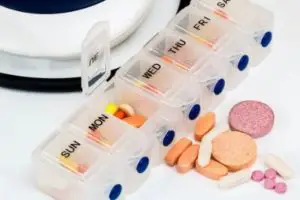
If you are pregnant and have gestational diabetes, do not take CBD without careful consultation with your obstetrician.
Also, remember that while CBD has shown some promise in studies, it is not an approved treatment for diabetes. If it works for certain people with the condition, that does not mean it will help every person, because diabetes encompasses a wide range of symptoms and variables. Always keep your doctor in the loop with what you are doing to manage your health condition.
Diabetes is a serious illness, but treatments have improved drastically in the last several decades, and there is every reason to expect that as more research is done, these treatments will continue to improve. CBD might become a regular part of your management plan in the future. In the meantime, talk to your medical professionals about how CBD might be able to help you manage your diabetes.



